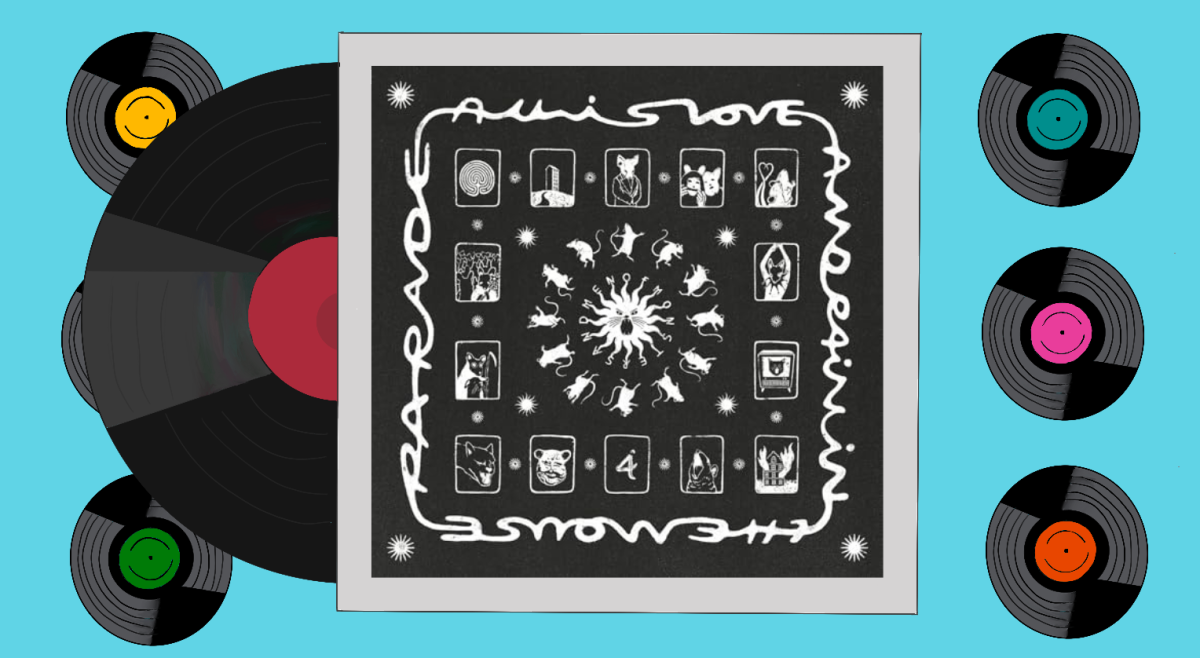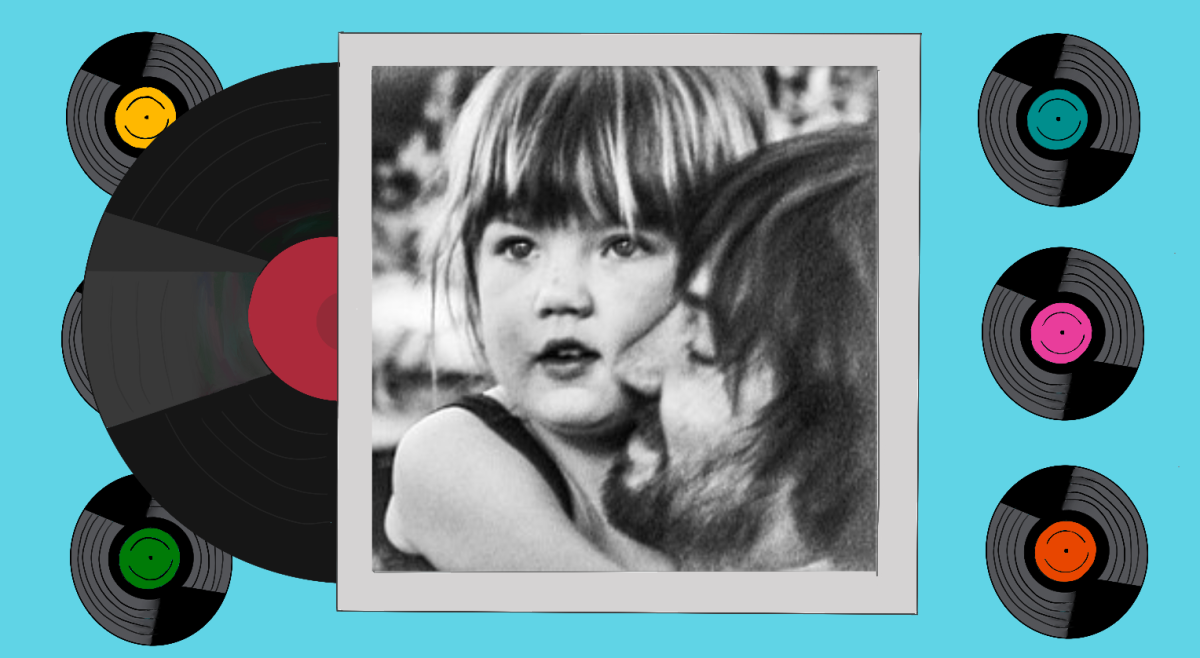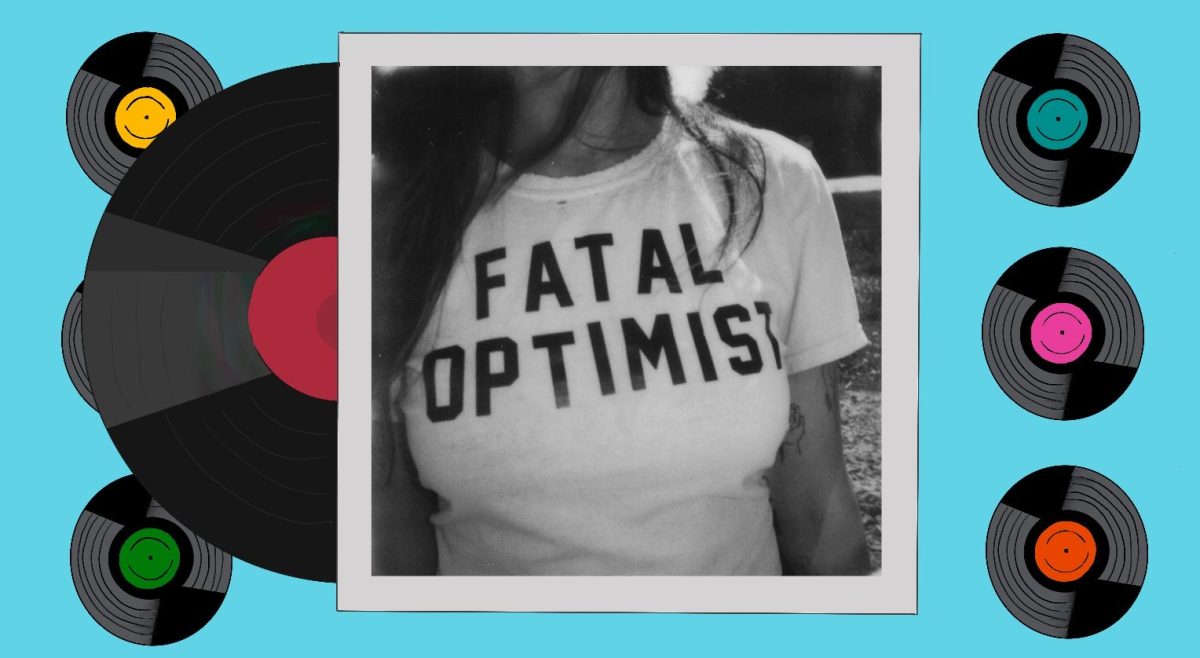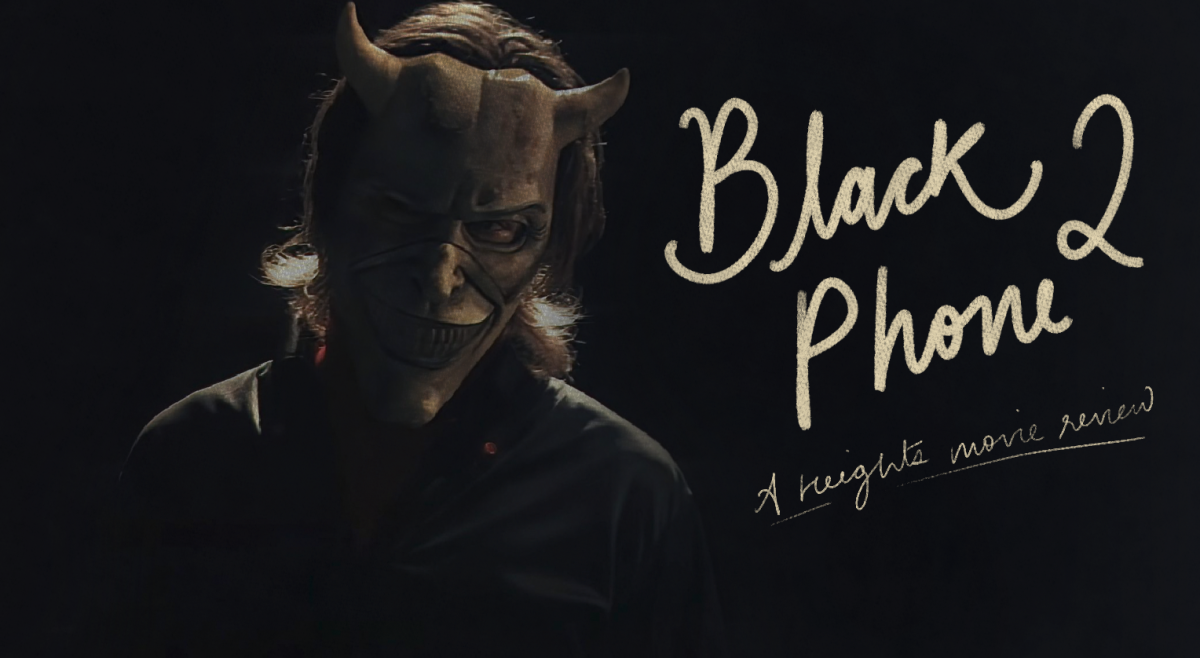Cigarettes After Sex makes music for lonely nights that are bound to inevitably follow any breakup. The name of the band itself conjures up the image of a Humphrey Bogart-esque character leaving his lover behind after a night in Paris as he stumbles out into the rainy streets, lost and confused. His lover leans on the windowsill, sipping a glass of red wine and watching him get in a taxi, wondering where it all went wrong.
Greg Gonzalez and his band, hailing from El Paso, Texas, play the soundtrack to these episodes of heartache. Their first eponymous album featured Gonzalez’s moody, sensual lyrics over dark, melancholy ambient pop, creating sonic soundscapes at once devastating and therapeutic.
However, unlike their first album, Gonzalez fails to move beyond superficial feelings of heartbreak and loneliness on this project. His lyrics are melodramatic at best and plagued by utter banality at worst. It sounds like someone quoting Hallmark Cards about love, heartache, and relationships rather than examining the nuances of these three subjects.
One has to look no further than the chorus of the opening track “Don’t Let Me Go” where Gonzalez sings “Come to me now / Don’t let me go / Stay by my side.” What these lyrics are lacking is not sincerity. Gonzalez’s androgynous-sounding voice is undoubtedly beautiful and soothing. No, what’s lacking is substance—some sort of specificity or commentary that sets Gonzalez’s lyrics apart from Ed Sheeran, Adam Levine, and the other mainstream artists that pen forgettable feel-good tunes about love.
Further evidence of Gonzalez using common platitudes as a crutch comes on the track “Touch,” where he laments, “So sad / That I could die.” Come on, really now. This line tells us two things about Gonzalez: one, that he is really sad (which we already know, and two, that he is an uninspired songwriter. While, for the first half of the album, Gonzalez’s soothing voice and the band’s moody instrumentals mask his faults, this veneer wears off by the second half of the album, especially on tracks like “Touch.”
The sound of the record harkens back to that of shoegaze and dream pop acts such as My Bloody Valentine, Cocteau-Twins, and Slowdive, with heavy guitar effects creating ethereal soundscapes that are completely immersive. On Cry, it is clear that Gonzalez’s lyrics do not hold up well head-to-head against some of his contemporaries.
For example, singer-songwriter Molly Rankin of Alvvays, a band with a very similar style to that of Cigarettes After Sex, examined heartbreak with more nuance and emotional force on her band’s 2017 album Antisocialites. On the second track “Dreams Tonite,” she dreamily wonders “If I saw you on the street, would I have you in my dreams tonite.”
Unlike Gonzalez’s lyrics which focus on abstractions and loosely explained feelings, Rankin’s line cleverly employs a situation that is more immersive for the listener. We may not know how she is feeling, but we can imagine the situation she is in. Furthermore, the line more thoroughly examines the theme of heartache, as Rankin does not readily admit she is heartbroken, but instead confesses she is conflicted and doesn’t know what she would do if she “saw her lover on the street.”
Gonzalez has the sincerity and vocal chops, not to mention the alluring and moody soundscapes, to deliver intense emotional balladry. That being said, he ultimately lets himself down with his static, bland lyricism that does little to lend him and the band any original character or identity. Gonzalez ends the album on “Pure” with the chorus “Man, it’s pure / Only your love could get me to fall / Burn as deep, get so hot / And it’s so beautiful.” The same spacey guitar melody loops repeatedly and fades out, taking the chorus with it, drowning in a boring, cliché melancholy.
Featured Image by Partisan Records



















